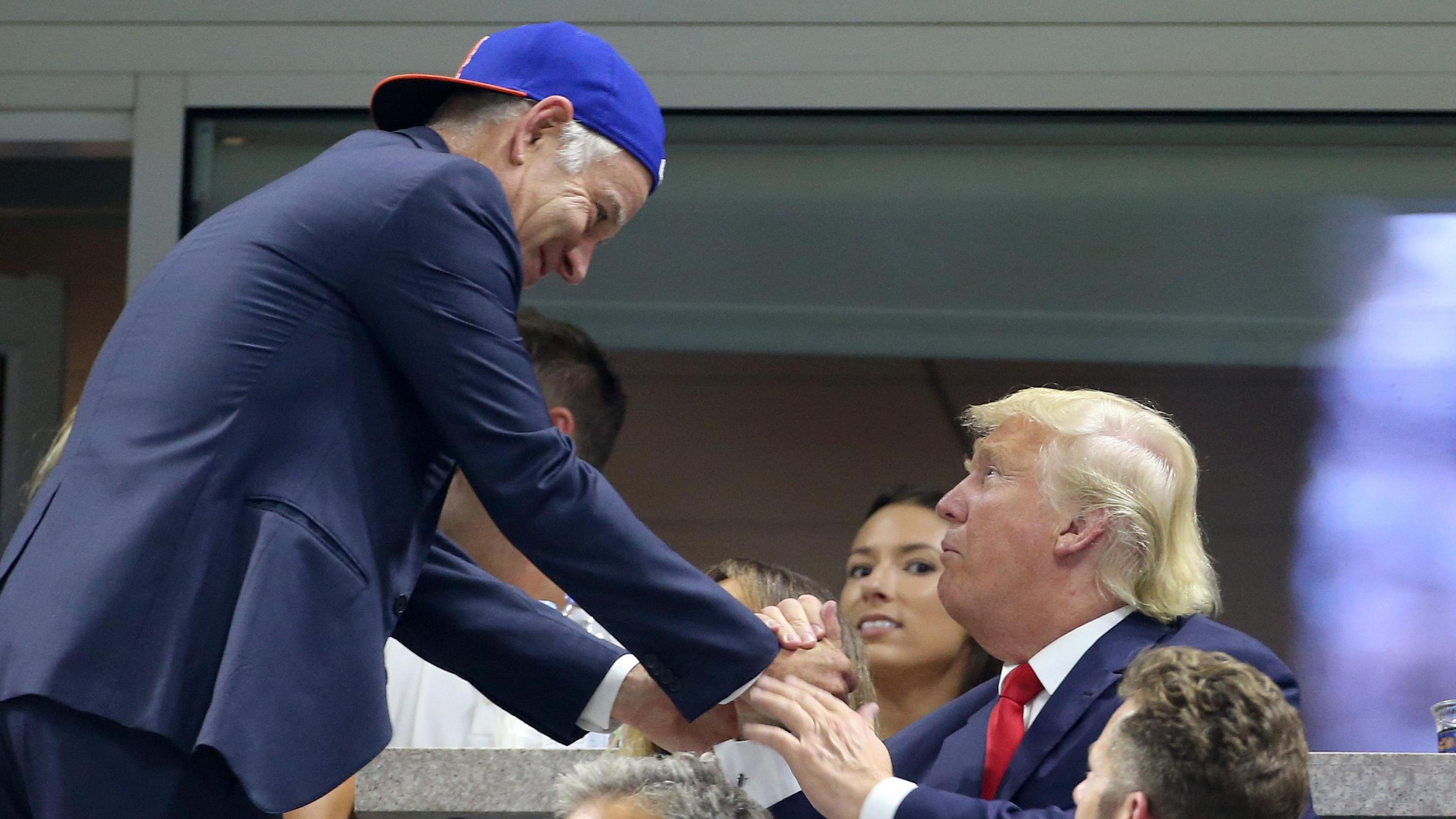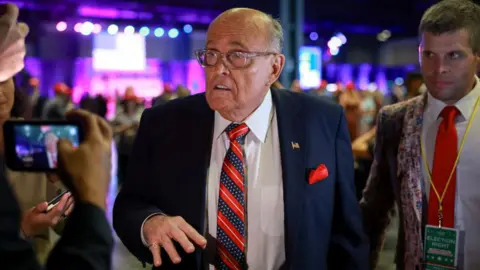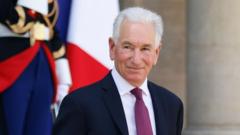New York City has taken steps to bolster security at religious, cultural, and diplomatic locations in response to recent U.S. bombings in Iran, as Mayor Eric Adams confirmed after a virtual briefing with police leadership. The heightened police presence aims to address potential safety concerns, given the city's status as a global hub.
Adams stated that the increase in police officers is a precautionary measure, reflecting the department's standard procedure following significant international events. In line with this, Gov. Kathy Hochul reassured residents that while there is no known credible threat, "given New York’s distinctive global profile,” the state is treating the situation seriously.
At the briefing, police commissioner Jessica S. Tisch noted the department's collaboration with international liaisons stationed in 14 global locations, including four in the Middle East—Tel Aviv, Doha, Amman, and Abu Dhabi. "We have over a dozen detectives embedded within international law enforcement agencies who serve as our eyes and ears for threat awareness overseas,” Tisch said.
Additionally, both the Metropolitan Transportation Authority and the Port Authority have activated counterterrorism measures, with State Police officers set to patrol places of worship and other potentially vulnerable sites. Gov. Hochul highlighted the city’s considerable Jewish and Muslim populations, many of whom have family in the region affected by the conflict, while expressing hopes for peace and safety for American troops.
The security concerns also intersected with political discourse in the ongoing mayoral race. Former Governor Andrew M. Cuomo criticized his opponent, Zohran Mamdani, suggesting that Mamdani is unprepared for situations demanding strong leadership amid heightened alertness. Cuomo remarked on the geopolitical significance of U.S. actions, asserting that while President Trump should involve Congress in such decisions, a world without Iranian nuclear capabilities is a safer one. Mamdani countered, condemning the military strikes as unconstitutional and suggesting they could exacerbate global instability.
This development reflects a broader narrative of safety, political strategy, and international relations amid local governance challenges in a major U.S. city.




















